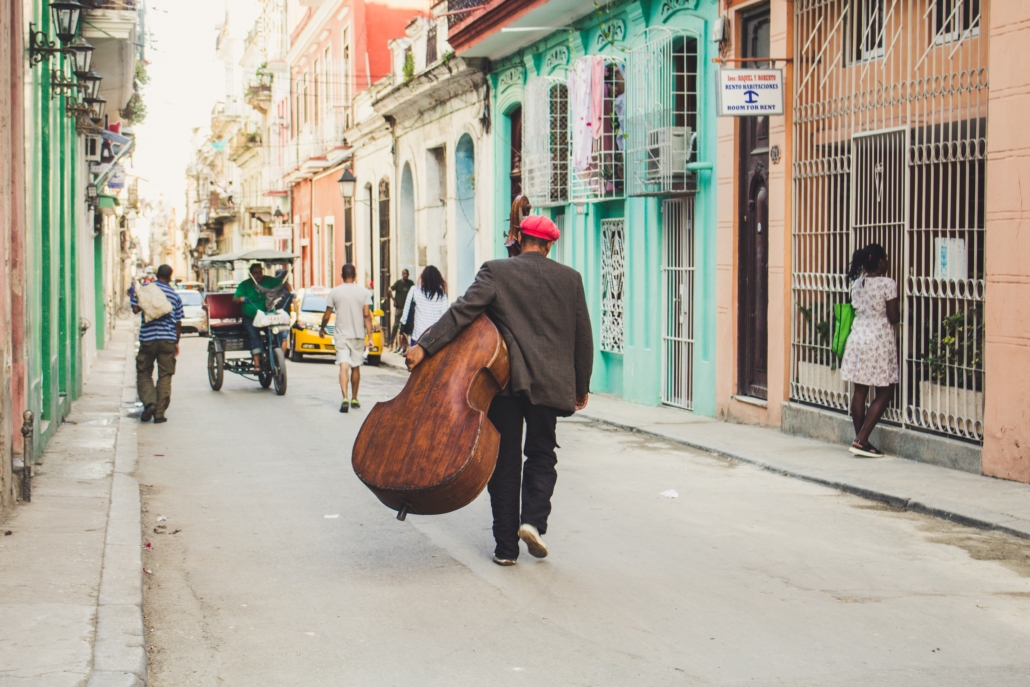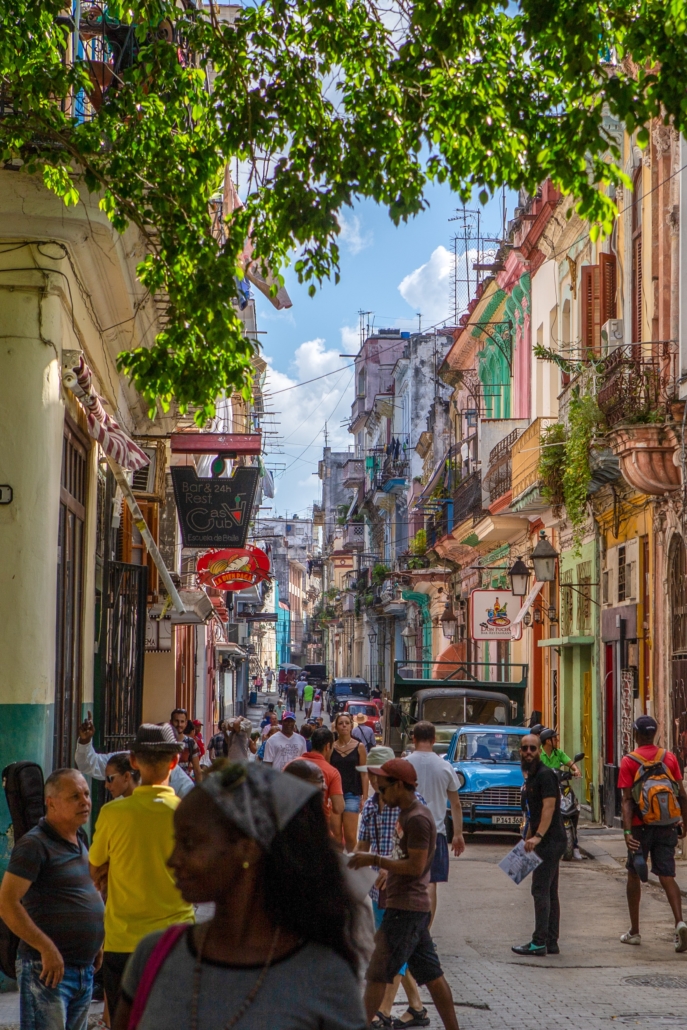What makes foreigners raise their eyebrows when hearing about life in Cuba

Photo by Persnickety Prints on Unsplash
Did anyone raise their eyebrows when you told them that in Cuba blowing your nose in public is not that polite? :) I bet it happened. Life in Cuba has many mysterious sides for foreigners, especially if they come from the USA. How about you go the extra mile, and tell your foreign friends or other expat fellows about the 2 currencies, or about the exit tax in Cuba?
Well, shall we continue to give you ideas on how to start a punchy conversation about life in Cuba? With your focus on strong differences… We’ve touched the topic before with 6 things hard to get in Cuba that foreigners cannot imagine living without maybe. Or the unimaginable ethnic diversity in Cuba.
Here are some more aspects you may not see as wow as a Cuban abroad, but your foreign friends will be amazed to know about. Any is a good ice breaker for any talk about life in Cuba. So, you can get personal later on.
Blowing your nose in public
In the Western world blowing your nose is a natural thing just like waving goodbye. But life in Cuba says something else about the gesture. It’s rude! People going for the first time there raise their eyebrows when reading about it.
Two currencies
Life in Cuba is a bit more complicated then many tourist imagine when it comes to money. Foreigners visiting Cuba learn at some point about the 2 currencies: the CUC (Cuban Convertible Currency), which is equal to the US Dollar. And then, there’s the Cuban Peso, which locals alone use. One tourist CUC is the equivalent of 25 Cuban Pesos for locals. Oh, they also find it wow to see that it is illegal to take Cuban currency out of the country. Dear money collectors, sorry!
Taking photos of people in uniforms. It’s a NO NO thing
Uniforms are attractive, and a clear hallmark of the recent or far history of a culture. It’s OK to take pics of the guards in the United Kingdom or France, but not in Cuba. And that’s something foreign find surprising. That includes the police, military personnel, or even airport officials.
Foreign ego not appreciated

Tourists may find it cool to be a bit arrogant, a bit hard to get, or omniscient. Like an accessory of any sparkling personality… But life in Cuba discouraged that unuseful attitude.
Arrogance may pass unnoticed in some countries, but not in Cuba. You’ll be treated with respect if you show respect. Fair enough, right?
My Cuban friends and family living there appreciate it very much when treated as equals. Anything less than that would certainly be objectionable. Best to leave one’s ego at the door when visiting Cuba. They’re a very proud people. (Terry, a Tripadvisor contributor)
Let me give you another example, clicking fingers at waitresses or waiters to get their attention… that is a sign of superiority and that is not something life in Cuba promotes.
Pay a tax when leaving Cuba

Photo by Ricardo IV Tamayo on Unsplash
Tourists in Cuba find it surprising to learn that they must pay a Departure Tax upon leaving Cuba. In the past this tax used to be due at the airport, but starting 2015, it is part of the airfare price. The exist tax is pretty spice, over 20 CUC, which is a lot for a local.
It is illegal to NOT pick up hitchhikers

Photo by Atlas Green on Unsplash
There’s a good explanation behind this law that amazes any foreigner. Fuel is a shared resource and anyone using it must share it with everyone else who needs it. Pretty logical for the minimalists out there.
According to HitchWiki, there are more hitchhikers than cars in Cuba. Wow again, right? Private cars are rare and that’s why most citizens hitchhike.
Tourists confess being surprised when realizing the pattern: hitchhikers are present at almost every crossing or highway junction.
Internet is an adventure
Once foreign tourists get to Cuba they learn that internet is no common thing. By 2018, Nauta was the only internet option in Cuba, and many Cuban expats used to send Nauta credit on MobileRecharge.com to their relatives and friends. The latter would go to Nauta public spots and gladly spend the GB they received from abroad.
But lately, 3G is the hit of any internet user in Cuba. You can read more about it here.

Photo by Mark de Jong on Unsplash
Tourists also benefit from it. But those who experienced life in Cuba before this change definitely took a break from social media and surfing while there.
I used my Cuban phone as a mobile hotspot and linked my computer to it – but that used up the data quite fast.
In Havana and Guanajay, sometimes the service seemed fine and at others it struggled to open web pages. (beardocubauk, contributor on Tripadvisor)
Now the good part is that Cubans abroad can send Cubacel credit that gets doubled during the PROMOS and their Cuban relatives can use it as cellular data.
By the way, a NEW CUBACEL PROMO is running right now to boost life in Cuba, and it’s Doble BONO + MORE…


